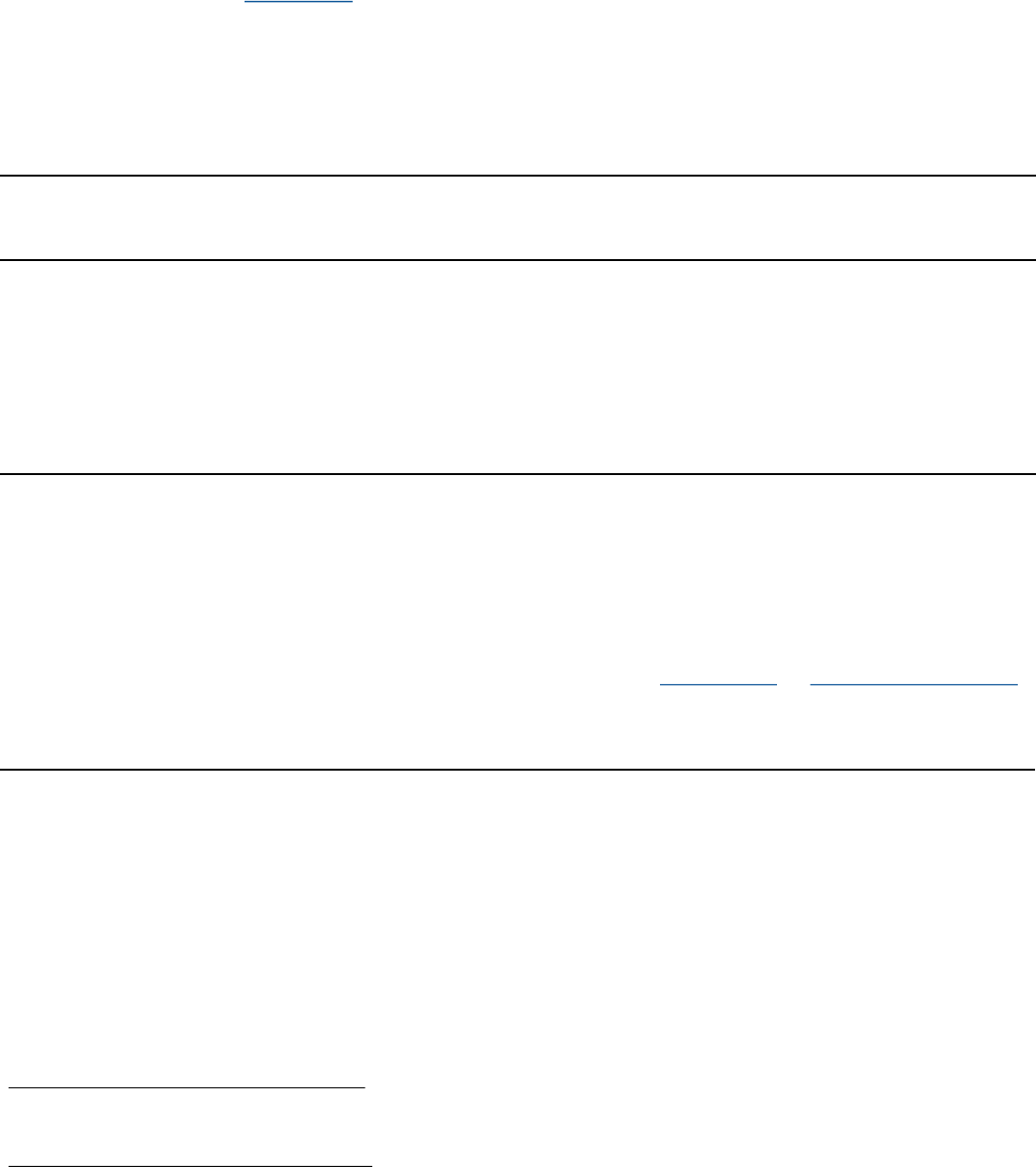
Public Health
Major Planning Guide:
What can I do with a degree in public health?
Students who are interested in promong health through educaon,
research, and outreach by working with people in their communies
will nd many rewarding careers with a major in public health. Public
health professionals do a variety of jobs from tracking outbreak of
disease, vaccinang children and adults, or educang people on the
risk of drugs and alcohol. Some may work in government to help pass
laws and policies to improve the overall health of communies.
Where can I earn a bachelor’s degree in public health in Washington?
Here are a few steps that we recommend you take to make sure that public health is the right choice for you. There
are many dierent types of careers in public health, and it is important to do some research ahead of me to nd the
one that best ts your goals. An advisor can help you choose the transfer degree, and what courses you should take
while you are here at Seale Central.
Related Majors/Programs
Community Health &
Educaon
Healthcare Services
Management
Nutrion
Nursing
Polical Science
Step One: Research
Those who are undecided about a major/career can make an appointment with our Career Exploraon Center in
BE 1102E to take a career assessment test. This assessment can reveal your interests, values, and skills which then
match you up with potenal careers and programs that prepare you for specic career paths.
Public health is not commonly oered as an undergraduate major. If you are interested in aending a university
that does not oer public health as an undergraduate major, consider choosing a dierent major for your
bachelor’s degree and earning a graduate degree in public health later on. While no specic undergraduate major
is required, majors such as biology, chemistry, environmental health, environmental science, medical
anthropology, or stascs could provide helpful preparaon for a public health graduate program.
Our Transfer Center in BE 1102F can help nd universies you are interested in aending and guide you through
the applicaon process.
Certain universies oer public health as an undergraduate major. You can use the College Navigator search engine
found at hp://nces.ed.gov/collegenavigator to nd public health programs in Washington state or around the
country.
How do I prepare to major in public health?
Psychology
Sociology
Social Work
Educaon
Environmental
Health
Health Studies

Updated 10-2018
Students planning to major in public health at a university usually take courses in social sciences (such as
anthropology, psychology, sociology, geography, polical science, or economics) and the natural sciences (such as
biology), as well as general educaon requirements, to prepare to transfer.
Please note: this is not a complete list of prerequisites. You should consult with an advisor at Seale Central to
make sure you take the appropriate courses to be prepared to enter the major.
*Check prerequisites, admission requirements, and GPA requirements at your intended transfer university early so
you can be well-prepared to transfer.
Consider an emphasis to your associate degree before you transfer, such as Global Health, or Equity and Social Jusce.
This can enhance your resume, personal experience and be something you put into your personal statement.
English Natural Science Social Science Other Courses
ENGL& 101
ENGL& 102
Biology
Microbiology
Chemistry
Anatomy & Physiology
Psychology
Sociology
Geography
Polical Science
Economics
HEA 225
NUTR& 101
ANTH 275
MATH& 146
Students planning to major in public health oen earn the Associates of Art (AA-DTA) degree. Advisors can help
students understand what public health requirements are necessary for transfer. You may pick up a degree planning
worksheet for the AA-DTA (purple sheet) in BE 1102 lobby.
Once you have had the chance to explore the career opportunies in public health you might want to schedule an
appointment to meet with an advisor to plan out your course of study. You can make an appointment by stopping
by the Advising oce in BE 1102D or calling us at 206-934-4068. (If you are an internaonal student, please stop
by Internaonal Educaon Programs in BE 1113).
Aend Transfer Fairs and Career & Networking Fairs hosted by our oce throughout the year.
Explore the professional organizaons in your area of interest for more informaon about educaon and career
opons.
Seale Central College is an Equal Opportunity Instuon
Seale Central College does not discriminate on the basis of race, color, naonal origin, ethnicity, religion, disability, sex, pregnancy, sexual orientaon, gender
identy or expression, veteran status, or age in its programs and acvies.
Reasonable Accommodaons for Students with Disabilies
Seale Central College is commied to providing qualied students with a disability an equal opportunity to access the benets, rights, and privileges of services,
programs and acvies in an accessible seng appropriate to the student's needs. No student shall, on the basis of her or her disability, be excluded from
parcipaon, be denied the benets of, or otherwise be subject to discriminaon under any Seale Central College program or acvity.
Step Two: Pick a Degree
What are my next steps?
Step Three: Make a Long Range Academic Plan
